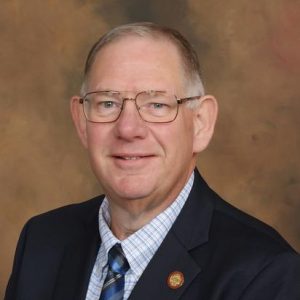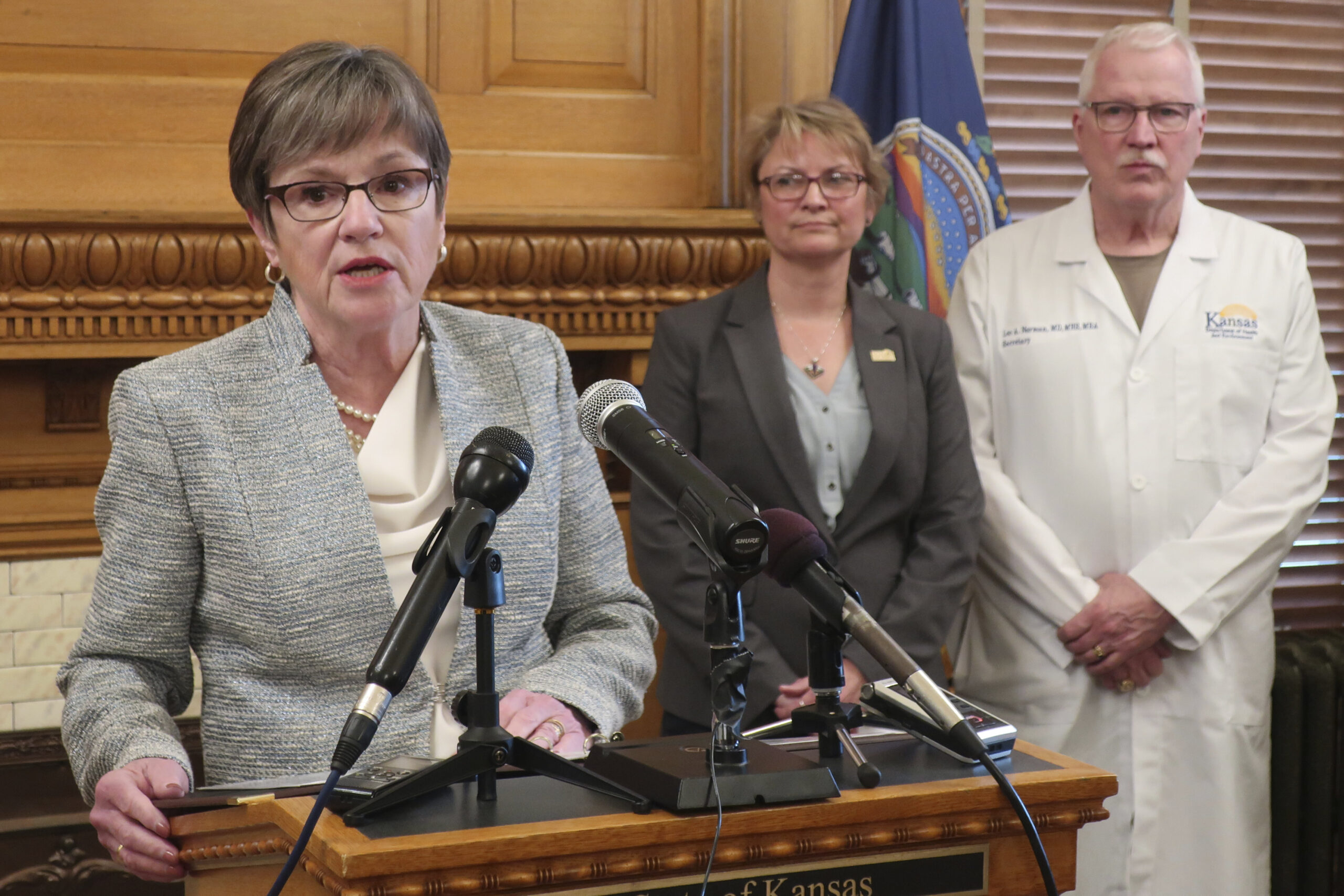Gov. Laura Kelly’s administration quietly directed Kansas Department of Children and Families employees to waive welfare work requirements for childless able-bodied adults receiving welfare benefits for more than three months, despite a state law prohibiting it.
The Kelly administration is subverting the law by ordering DCF staff to offer exemptions, according to Rep. Dan Hawkins, a Wichita Republican and Majority Leader of the Kansas House. In a letter to the Governor, he called Kelly’s directive “an express violation of Kansas law.”
Adopted by lawmakers in 2015, the HOPE Act created a 35-month time limit for Temporary Assistance for Needy Families (TANF), or food stamp, eligibility. It also required some able-bodied adults on public benefits to work 20 hours per week or complete job training. Lawmakers tweaked the law in 2017, reducing the time limit from 36 months to 24 months, though a 12-month hardship exemption remains, allowing families to collect benefits for up to a year longer.
In a statement, DCF told the Wichita Eagle that the food stamp program is 100 percent federally funded. The May directive to employees notes that federal law allows some exemptions for able-bodied adults. DCF stopped using them after the enactment of the HOPE Act in 2015. Since then, the state has accumulated 58,000 exemptions, which the Kelly administration now seeks to use.

Hawkins said the accumulation of exemptions is by design. The 2015 law specifically prohibited using federal exemptions to extend the amount of time able-bodied adults could receive food stamps without meeting Kansas’s work requirements.
“(Kelly) doesn’t like any work requirements, and she’s going to do whatever she can to get around it,” Hawkins said. “It’s up to us that we call her on it.”
In a State Finance Council Meeting in early June, Hawkins moved to delay issuing a certificate of indebtedness until the administration came into compliance with the HOPE Act, but it didn’t garner any support.
Rep. J.R. Claeys helped spearhead the HOPE Act in 2015.
“Kansans support welfare to work,” he said. “It’s not a partisan issue.”
Support for welfare-to-work programs is high among Republicans, Democrats, and independents.
“Go back into the 1990s. You had (Democratic President) Bill Clinton doing welfare-to-work with (then Speaker of the House Republican) Newt Gingrich. These things aren’t super partisan among the population. Nine out of 10 Kansans support welfare reform,” Claeys said. “That 10th Kansan is Laura Kelly.”
Claeys says the requirement to work or get job training is producing results. In 2007, only 12.8 percent of food stamp recipients met federal work participation rates, but by 2016, 41.9 percent of Kansas food stamp recipients met federal work requirements, marking a 227 percent increase. Additionally, Kansas families who left welfare saw their earnings double, increasing by an average of 104 percent.
Sandra Kimmons, state benefits director, issued the directive ordering DCF staff to use exemptions to the state’s work requirement program, but back in 2016, she testified in support of tighter time limits for able-bodied adults on food assistance. She told the Kansas Senate Public Health and Welfare Committee that welfare reform provides “dignity and purpose to our clients.”
“… The most effective path out of poverty is employment,” she said in written testimony to the committee.
Hawkins said it seems like the Kansas Department of Children and Families is trying to minimize the effectiveness of work requirements with its latest directive.
“If violating Kansas law weren’t enough, it appears the purpose of the department’s directive is to keep more able-bodied adults out of the workforce at a time of near-record low unemployment and thousands of open jobs,” Hawkins said.



